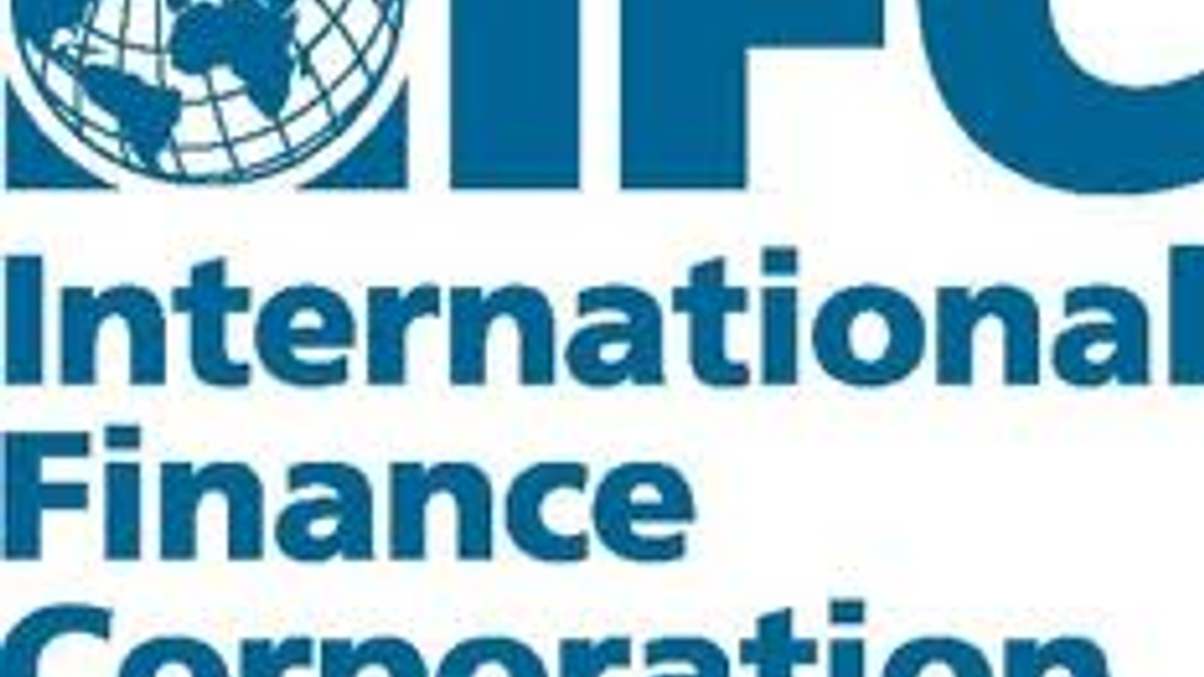IFC preparing emerging-market public fund mandate
The International Finance Corporation is considering issuing mandates to third-party managers to bring $2.5 billion to frontier and emerging public markets.

The International Finance Corporation (IFC), the private-sector arm of the World Bank, is preparing a $500 million fund to invest in the public equities and debt of up to 50 emerging markets, according to documents seen by AsianInvestor.
Sign in to read on!
Registered users get 2 free articles in 30 days.
Subscribers have full unlimited access to AsianInvestor
Not signed up? New users get 2 free articles per month, plus a 7-day unlimited free trial.
¬ Haymarket Media Limited. All rights reserved.


